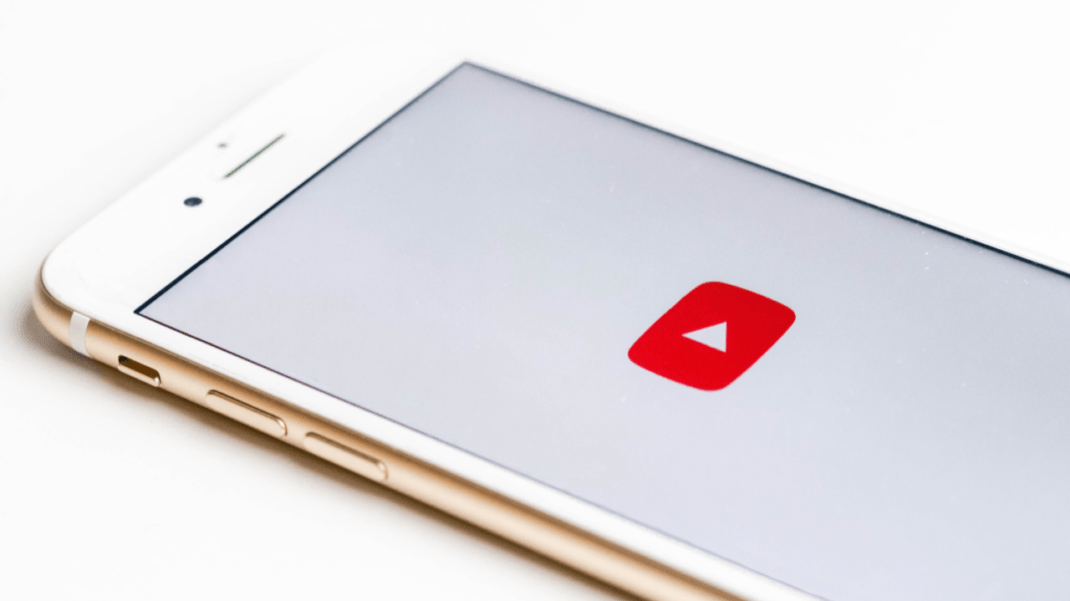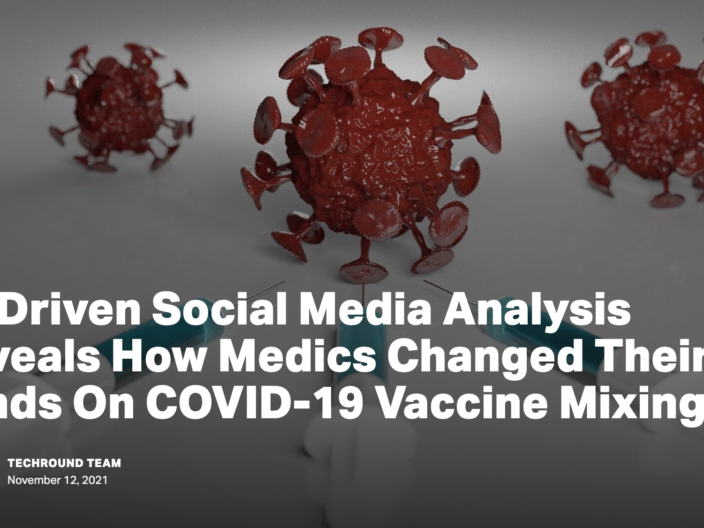YouTube currently has more than 2 billion active users, a number which has continued to see steady growth since its launch back in 2005. The online video sharing platform allows public users around the world to ‘Enjoy the videos and music you love, upload original content, and share it all with friends, family, and the world’. Healthcare professionals (HCPs) too are using this platform more than ever, professionally to disseminate health information, as well as for personal enjoyment.
Why do HCPs use YouTube in their profession?
Medical information on YouTube has the potential to reach large audiences if well received, especially patients and those who are not specialists in the subject, as video content is engaging and easier to understand than some other content formats. Clinical psychologist Ali Mattu describes how his YouTube channel has enabled millions of people to be better informed about mental health issues.
HCPs also reflect that YouTube is a valuable source of education for them to learn from their peers about specialist subject matter. Particularly in fields such as surgery where visual learning is key, having access to situations on demand without needing to be physically present provides professionals with exposure to a variety of case examples and teaching from many different educators.
YouTube: A source of misinformation?
Since the beginning of the COVID-19 pandemic, we have seen just how rapidly misinformation can spread on social media, which can have severe consequences for public health if not dealt with appropriately. And according to research conducted in 2020, over a quarter of the most viewed YouTube videos related to COVID-19 contained misleading information.
CREATION.co’s research into online HCP behaviours illustrates the powerful role that doctors play in amplifying the truth on social media amongst the abundance of public opinions and falsifications. HCPs recognise that they are a trusted stakeholder and have a responsibility to provide accurate health information to the public, and take it upon themselves to highlight those doctors on YouTube who are actually contributing to the misinformation narrative.
Equally, we see HCPs showing frustration when medically accurate content is deemed by YouTube to be untrue and thus prevented from reaching audiences. In September 2021, HCPs praised the site for taking action against liable accounts posting deliberately misleading and anti-vaccine content. But many say YouTube should have taken action sooner, like other social media sites did.
@YouTube is banning prominent anti-vaccine activists and blocking all anti-vaccine content: The Google-owned video site previously only banned misinformation about coronavirus vaccines. Facebook made the same change months ago. https://t.co/IiDRt40cMR via @GerritD
— Ash Paul (@pash22) September 29, 2021
Some HCPs offered alternative sources of health information which they believe to be more reliable than YouTube, often citing official guidance and medical journals as sources of choice. But others recognised that medical journals quickly become outdated when new developments arise in the space, whereas the immediacy of social media means that discussions can move forward in real time. Many doctors also highlighted the hefty publishing fees in most journals as a barrier to information dissemination, which are not required for doctors to post content on YouTube.
YouTube partners with health organisations
In a further step in the journey towards health information equity, it was recently announced that YouTube has begun a partnership with New England Journal of Medicine, ‘providing access to the best minds in medicine’ via their channel. Their mission is ‘to provide equitable access to highly authoritative health information that is evidence-based and culturally relevant’. This will include summaries of article findings, interviews, animations and more, meaning the newest science from NEJM will be available for free to audiences around the world.
Following the announcement, some HCPs reshared this post from Google Health sharing news of the partnership, and Mahesh Banda, a doctor in India, commented celebrating the move.
Future is Google and their products!
Its a great move @NEJM— Dr. Mahesh Banda (@DrMaheshBanda) January 27, 2022
Other HCPs joined in celebrating YouTube’s efforts towards increasing health literacy through its similar partnerships with health organisations such as Mayo Clinic and American Public Health Association.
@YouTube is striking partnerships with major providers and healthcare groups to create accurate and credible health-focused content in an effort to fight misinformation and drive health literacy and education. https://t.co/TdWEHyUEgz
— Berci Meskó, MD, PhD (@Berci) January 15, 2021
YouTube is playing a part in addressing health misinformation by clamping down on users posting false information and by partnering with trusted health organisations to amplify truthful messages. And by making the platform globally accessible and free for authors and audiences to use, this allows healthcare professionals to quickly disseminate accurate, digestible health information to those who need it most.
To learn more about the needs and behaviours of HCPs on social media in the fight against misinformation, you can subscribe to our monthly eJournal or get in touch with one of our team.
 By Laura Marsh
By Laura Marsh 


